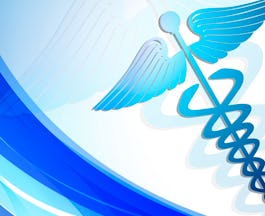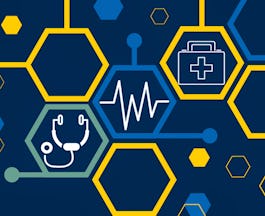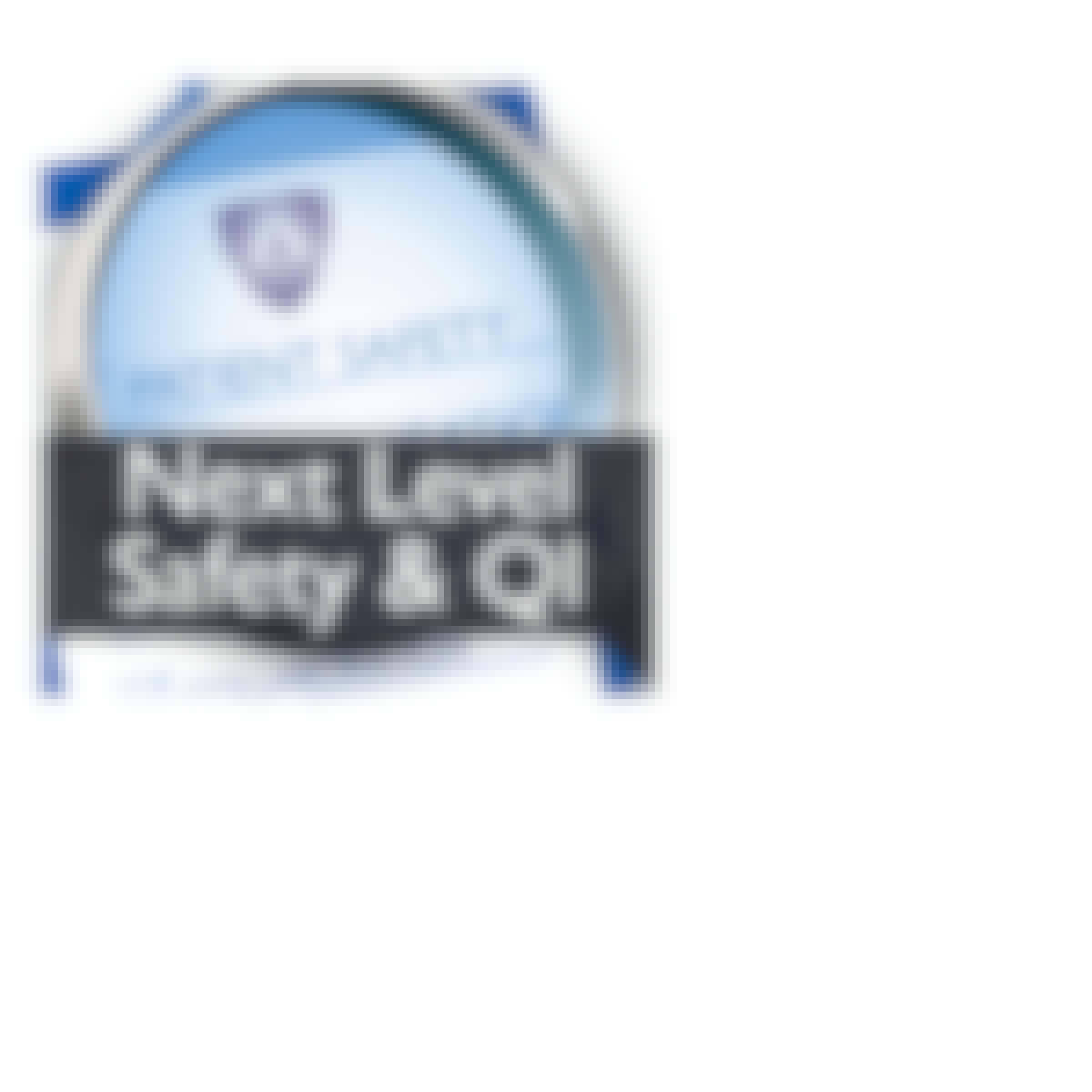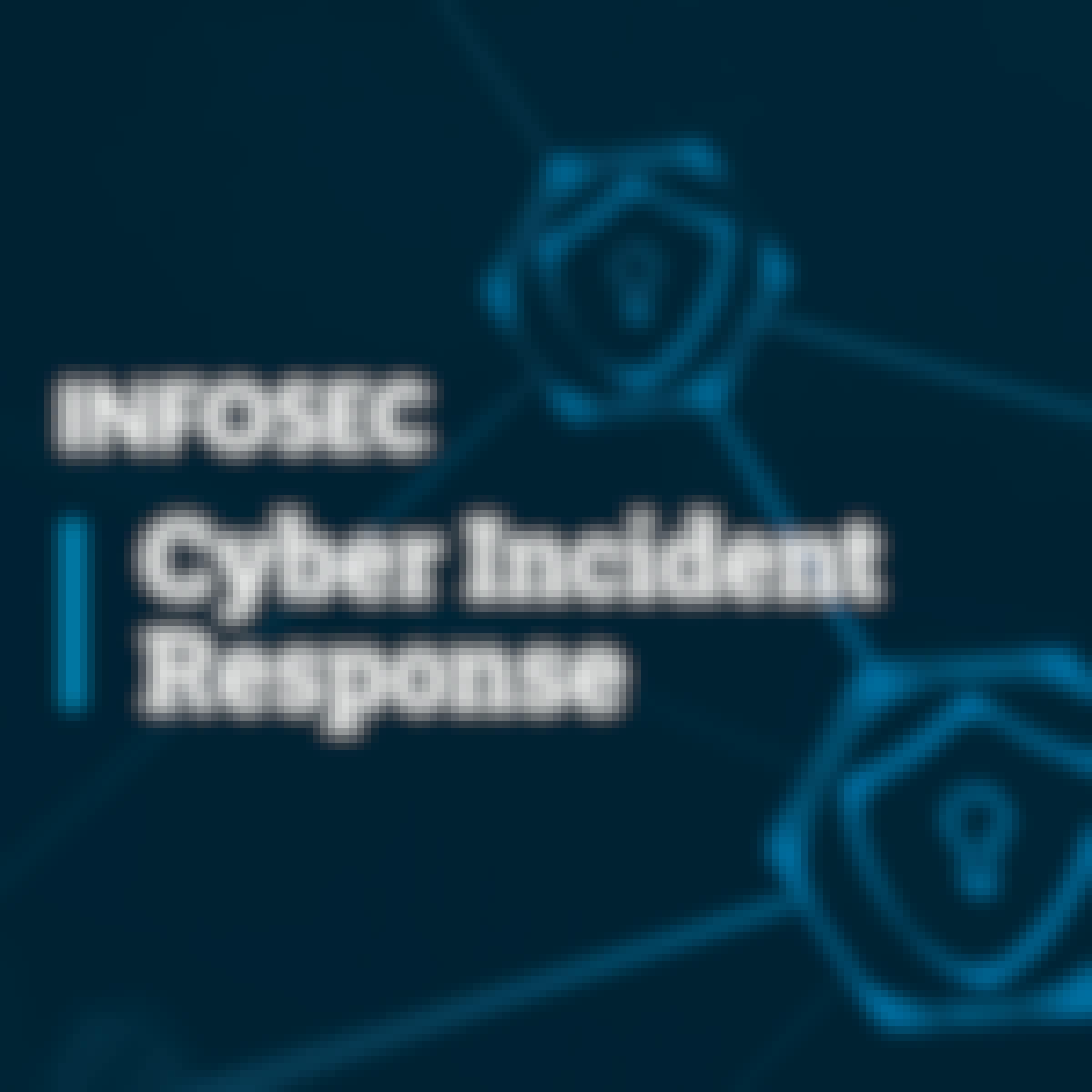Filter by
The language used throughout the course, in both instruction and assessments.
Results for "emergency+medical+technician"


University of Minnesota
Skills you'll gain: Payment Systems, Healthcare Industry Knowledge, Cost Benefit Analysis, Clinical Trials, Financial Regulations, Program Evaluation, Medical Science and Research, Pharmaceuticals, Risk Analysis, Health Systems, Health Care, Regulatory Affairs, Medicare, Insurance, Probability & Statistics, Simulation and Simulation Software


Emory University
Skills you'll gain: Communication
 Status: Free
Status: FreeSkills you'll gain: Incident Response, Intrusion Detection and Prevention, Computer Security Incident Management, Incident Management, Threat Detection, Endpoint Detection and Response, Security Information and Event Management (SIEM), IT Automation, Automation, Event Monitoring, Cyber Threat Hunting, Cyber Threat Intelligence, Continuous Monitoring, System Monitoring, Security Management, Anomaly Detection, Cybersecurity, Security Controls, Interactive Data Visualization, Artificial Intelligence and Machine Learning (AI/ML)


University of Michigan


MedCerts
Skills you'll gain: Medication Administration, Pharmacy, Intravenous Therapy, Patient Safety, Pharmaceuticals, Patient Treatment, Patient Coordination, Treatment Planning, Infection Control, Care Coordination, Medical Management, Medical Terminology


Johns Hopkins University
Skills you'll gain: Patient Safety, Help Desk Support, Technical Support and Services, Technical Support, Information Technology Operations, Desktop Support, Patient Education and Support, End User Training and Support, Health Care, Issue Tracking, Change Control, Network Troubleshooting, Disaster Recovery, Technical Documentation, Networking Hardware, TCP/IP, General Networking, Technical Communication, Telecommuting, Computer Networking


Kennesaw State University
Skills you'll gain: Incident Response, Contingency Planning, Disaster Recovery, Computer Security Incident Management, Security Management, Crisis Management, Cybersecurity, Business Continuity, Cyber Attacks, Risk Analysis, Business Risk Management, Data Storage


Johns Hopkins University
Skills you'll gain: Patient Safety, Corrective and Preventive Action (CAPA), Patient Flow, Nursing Management, Case Management, Safety Assurance, Continuous Quality Improvement (CQI), Risk Analysis, Persuasive Communication

Skills you'll gain: Incident Response, Computer Security Incident Management, Endpoint Detection and Response, Cyber Threat Hunting, Cyber Threat Intelligence, Intrusion Detection and Prevention, Threat Detection, Cyber Attacks, Cyber Security Assessment, Cybersecurity, Network Security, Network Monitoring, Data Security, Network Analysis, Malware Protection, Vulnerability Assessments, Operating Systems, OS Process Management


Rice University
Skills you'll gain: Medical Terminology, Health Information Management and Medical Records, Electronic Medical Record, Respiration, Anatomy, Blood Pressure, General Medicine, Vital Signs


University of Colorado System
Skills you'll gain: Medical Emergency, Emergency Medicine, Trauma Care, First Aid, Patient Treatment, Triage, Vital Signs, Psychiatry, Emergency Response, Injury Prevention, Accident Prevention, Health Assessment, Mental Health

Skills you'll gain: Fire And Life Safety, Safety Assurance, Safety Training, Safety and Security, System Monitoring, Threat Detection, Basic Electrical Systems, Building Services Engineering, Continuous Monitoring, Systems Integration, Architectural Engineering, System Configuration, Regulatory Compliance, Control Panels
In summary, here are 10 of our most popular emergency+medical+technician courses
- Medical Technology and Evaluation: University of Minnesota
- Communicating During Global Emergencies: Emory University
- Automated Cyber Security Incident Response: EDUCBA
- The Nurse's Toolkit: University of Michigan
- Pharmacy Medication and Safety: MedCerts
- Operations and Patient Safety for Healthcare IT Staff: Johns Hopkins University
- Managing Cybersecurity Incidents and Disasters: Kennesaw State University
- Taking Safety and Quality Improvement Work to the Next Level (Patient Safety VII): Johns Hopkins University
- Technical Deep Dive with Incident Response Tools: Infosec
- Medical Terminology II: Rice University













